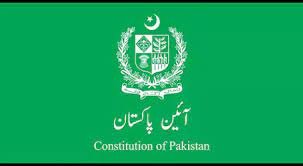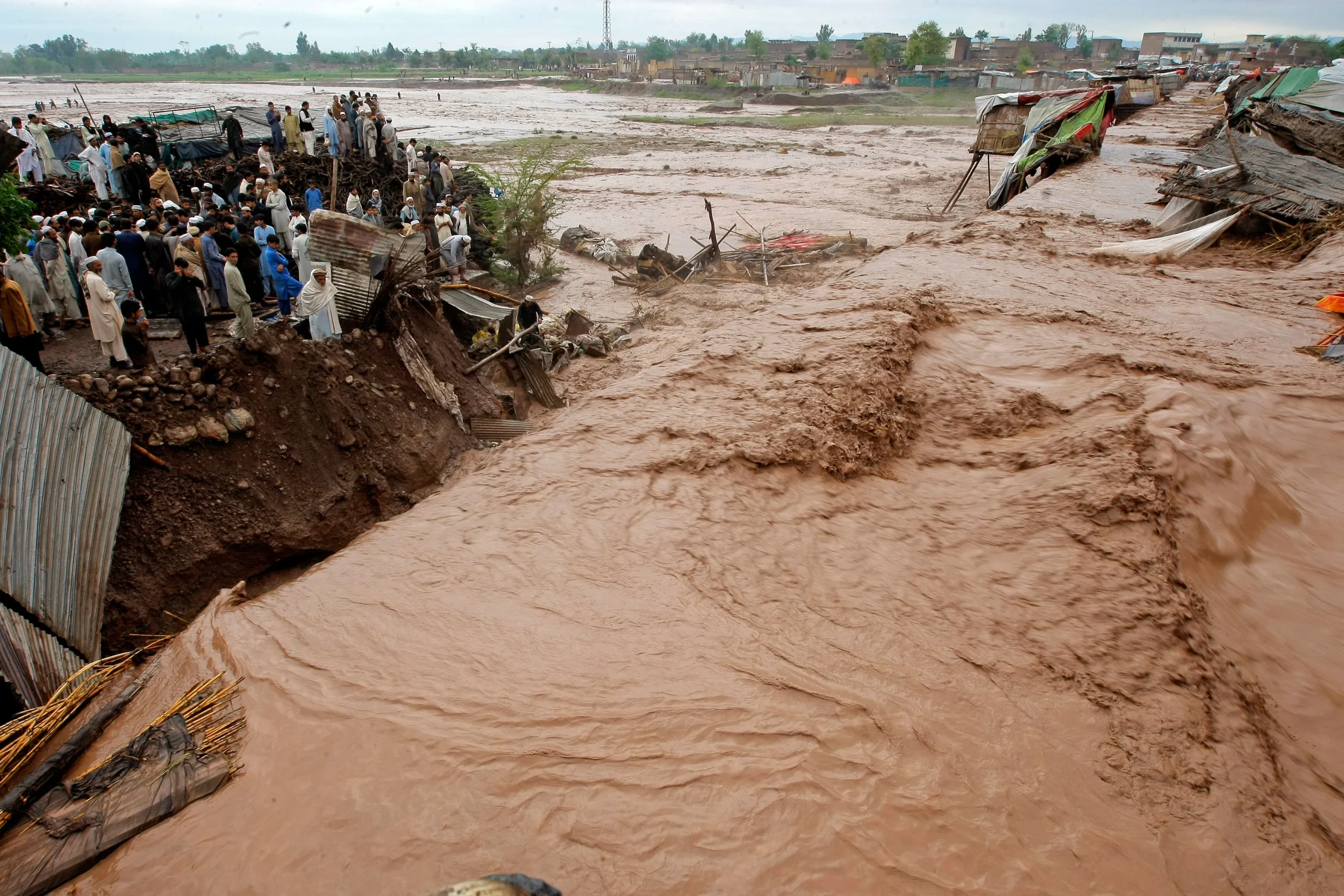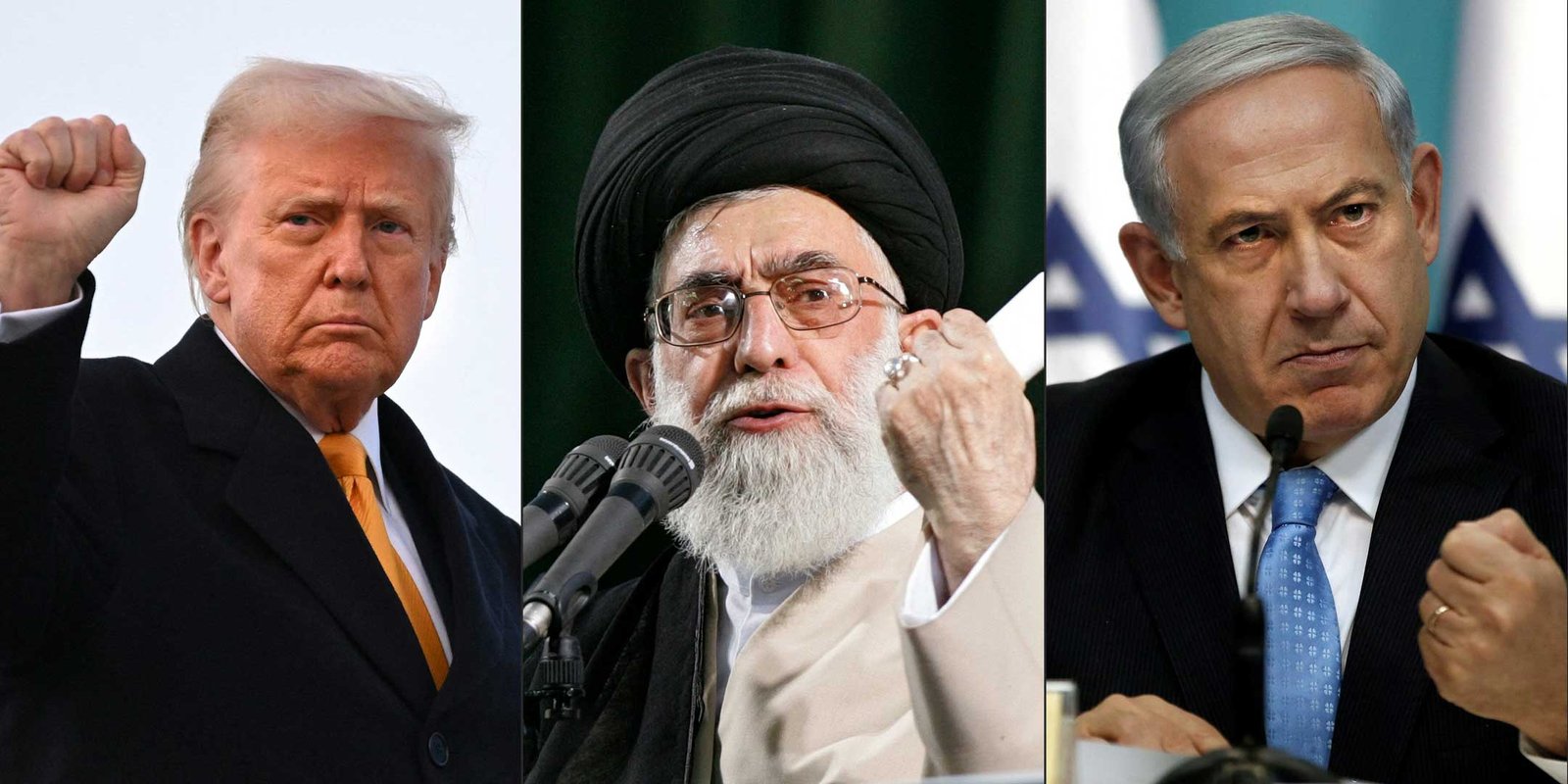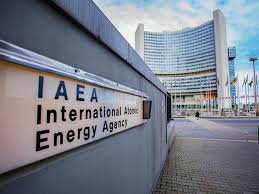EDITORIAL
Neutrality is defined as the legal status arising from the abstention of a state from all participation in a war between other states. The maintenance of an attitude of impartiality toward the belligerents and the recognition by the belligerents of this abstention and impartiality. United Nations is the commonwealth of all the nations and is responsible for the world’s peace on principles of neutrality and impartiality. It is critically vital for the United Nations to gain and maintain the confidence and cooperation of all to operate independently and effectively, especially in politically charged situations.https://republicpolicy.com/pakistan-calls-for-preserving-un-charter/
Article 2 of the UN Charter obligates member states to settle their international disputes by peaceful means and to refrain from threatening or using force in their relations; the General Assembly reaffirmed those obligations in its resolution 71/275.
The resolution also underlined that some states’ national neutrality policies could contribute to strengthening international peace and security and play an essential role in developing mutually beneficial relations among countries of the world.
Recognizing that such national policies of neutrality are aimed at promoting the use of preventive diplomacy. Hence, it is the core function of the United Nations and occupies a central place among the tasks of the Secretary-General. The General Assembly decided to declare 12 December the International Day of Neutrality and called for marking the day by holding events to enhance public awareness of the value of neutrality in international relations.https://republicpolicy.com/national-power-determines-the-foreign-domestic-policy/
In the face of political tension and escalating crises, it is crucial to uphold the principles of sovereignty. It is even more vital to uphold the sovereign equality of States, territorial integrity, self-determination and non-intervention in the internal affairs of any State and to defend, promote and encourage the settlement of international disputes by peaceful means in such a manner that international peace and security are not endangered. Therefore, the policy of neutrality contributes to strengthening peace and security in relevant regions and at the global level and plays an essential role in developing peaceful, friendly and mutually beneficial relations between the countries of the world.
It is worth noting that the policy of neutrality is a critical factor in providing conditions and building a platform for peaceful negotiations. It is also closely interconnected with and based on preventive diplomacy tools. It includes early warning and prevention of conflict, mediation, good offices, fact-finding missions, negotiation, special envoys, informal consultations, peacebuilding and peacebuilding and targeted development activities.
Hence, preventive diplomacy is a core function of the United Nations and is central to the role of the United Nations Secretary-General, including the special political missions of the United Nations and the good offices of the Secretary-General in peacemaking, peacekeeping and peacebuilding.
Consequently, and following the guiding principles for strengthening the coordination of emergency humanitarian assistance of the United Nations system, countries with the status of neutrality play an essential role in providing and delivering humanitarian aid in situations of complex emergencies and natural disasters. Therefore, owing to the vital significance, On 2 February 2017, the UN General Assembly adopted without a vote resolution 71/275 — introduced by Turkmenistan, recognized by the UN as a permanently neutral state since 12 December 1995 — which noted the link between the preservation of peace and the 2030 Agenda for Sustainable Development, and declared 12 December as the International Day of Neutrality. The aforementioned GA resolution also proposes that UN Secretary-General continue to cooperate closely with the neutral states, to implement the principles of preventive diplomacy and utilize them in mediation activities.
The United Nations should move from a culture of “reaction” to “prevention”. The term “Preventive diplomacy” refers to diplomatic action taken to prevent disputes from escalating into conflicts and to limit the spread of conflicts when they occur. While it is conducted in different forms and fora, both public and private, the most common expression of preventive diplomacy is found in the work of envoys dispatched to crisis areas to encourage dialogue, compromise and the peaceful resolution of tensions.
Since its inception, the United Nations has played a crucial role in helping to mediate inter- and intra-State conflicts at all stages: before they escalate into armed conflict, after the outbreak of violence, and during the implementation of peace agreements. Successful conflict mediation requires an adequate support system to provide envoys with the proper staff assistance and advice and ensure that talks have the needed logistical and financial resources.https://republicpolicy.com/should-we-fear-the-rise-of-china-the-answer-is-no/
UN peacemaking flourished in the decade following the end of the Cold War, as the UN brought many longstanding armed conflicts to an end through politically negotiated settlements. The organization continues to play a preeminent role in peacemaking, working increasingly in partnership with regional organizations to bring ongoing conflicts to an end and prevent new crises from emerging or escalating.
Apart from the constructive roles of the United Nations, it certainly has limitations. The nation-states’ power structure directly impacts the UN’s performance, as several interests converge and diverge simultaneously. The design of the security council is favourable to the permanent members. The exclusive veto power of the permanent member state is arbitrary and the fundamental hurdle in dispensing the objectives of the United Nations in international conflicts. Then, it is the making of the United Nations. Financial funding is significant in determining the role of the United Nations. The countries which fund more to the objectives of the UN are more influential. World politics with power implications replicates the power on the structures of the United Nations. It has performed averagely owing to the multiple power dynamics of the world. Yet, it is the best international forum the world has and shall play a crucial role in the world’s politics.
It is critical for the United Nations to keep the posture of neutrality. Then the agenda of the UN is also compelling to ensure peace and security in the world. The UN must check the aggressor nations and ensure the implementation of the objectives. Therefore, the conventional neutrality that defines detachment is not the solution—the impartiality of the UN spouses the performance of the purposes to ensure peace. It shall keep the peace on the principles of neutrality, impartiality and nonpartisanship. The challenge seems unsurmountable owing to the structural power dispensation of the nation-states. Then, the world has only the UN, the unanimous international forum. Hence, it must keep the principle of neutrality.https://republicpolicy.com/iran-rejects-un-investigation-into-protests/

















